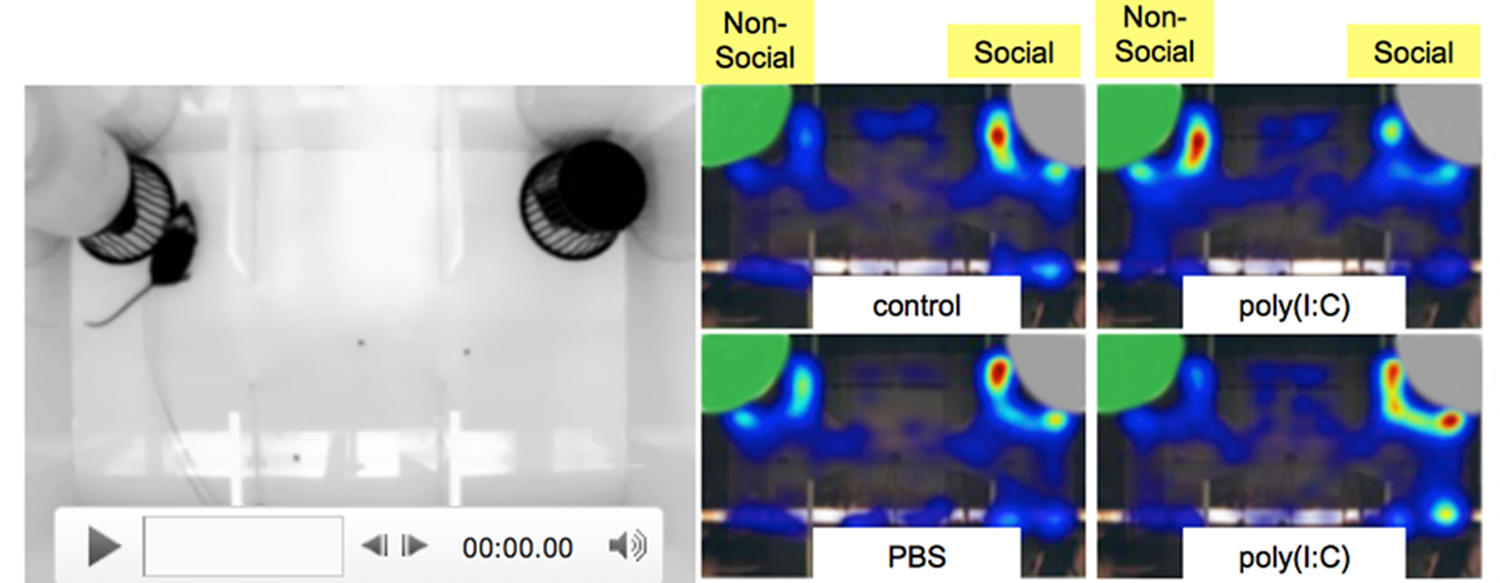Inflammation induced neurodevelopmental disorders

Both genetic and environmental factors contribute to the onset and progression of Autism Spectrum Disorder (ASD). Inflammatory responses in the maternal womb—to which the developing fetus is exposed—are thought to be one of the major environmental factors driving this process. However, it is currently unknown both which immune cell populations are involved in ASD–associated inflammation and how immune activation is translated into ASD phenotypes in offspring.
Using a rodent model of inflammation-induced ASD, we are dissecting the mechanisms of ASD induction. As a first step, we are specifically asking if Th17 cells play critical roles in this pathology. Positive results will strongly support the notion that a prenatal inflammatory environment, driven by Th17 cells, serves as a major factor in the etiology of ASD. Moreover, our results may reveal novel therapeutic strategies to prevent inflammation–associated ASD.


